The primary cause of acne during pregnancy is the increased hormone levels in the first trimester. Changes in hormonal levels can increase the skin’s production of natural oils, which can clog the pores and trigger acne formation.
One in three women develops acne, especially in the first trimester when hormone levels are increasing rapidly. Here are commonly asked questions about acne during pregnancy.
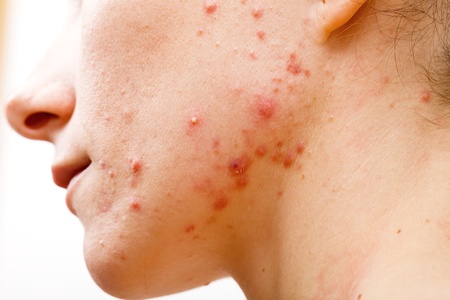
Are certain women more prone to suffering from this condition?
Women with a history of acne, particularly women who develop acne during their menstrual cycle, are more prone to acne during pregnancy.
Where does the acne typically occur?
It typically occurs in areas where there are more oil producing glands, such as the T-zone, back and chest.
Are there treatment options that are safe for pregnant women?
Many acne products have not been tested on women who are pregnant or breastfeeding, including over the counter products. It is best to treat with natural products that do not contain chemical acne ingredients.
Some examples would be natural clay masks, and botanical extracts such as tea tree and lavender essential oils. There has also been some evidence that increasing Zinc and Vitamin C levels through supplementation can help with acne during pregnancy.
What are some of the treatment options that need to be avoided during pregnancy?
All oral medications, and topical medication that require a doctor’s prescription (eg. Isotretinoin, hormone pills, antibiotics) need to be avoided. Some doctors advise using low strength over the counter topical applications containing Benzoyl Peroxide, or Salicylic Acids.
However, there is still some controversy as to whether these applications are 100% safe during pregnancy as there aren’t any conclusive studies on the use of these products during pregnancy.
What other steps can be taken to keep acne at bay?
- Avoid picking or popping acne as it may only serve to spread infection or leave scars.
- Don’t over wash your face or use harsh soaps. Stripping your skin of oil will only make it produce more, and you could end up with dry or irritated skin.
- Avoid wearing make-up where you can. If you must, avoid clogging, oil-based make-up (opt for water-based instead) and ensure you wash it off thoroughly each day
- Try natural solutions first, like Zinc, vitamin C, probiotics and diet modification.
- Cut back on fried food, sugar, and processed grains (especially wheat products). Eat plenty of vegetables and fruits as a high-fibre diet will keep your system clean and healthy – for you and your baby
When does the acne usually subside?
Acne typically subsides after the first trimester, once hormone levels start to stabilise, and should not recur once one has given birth.
These questions were answered by Dr Ram Nath, Director, Aesthetic & Medical Services at The Wellness Clinic, part of the Verita Healthcare Group.
* * * * *
Like what you see here? Get parenting tips and stories straight to your inbox! Join our mailing list here.
Want to be heard 👂 and seen 👀 by over 100,000 parents in Singapore? We can help! Leave your contact here and we’ll be in touch.








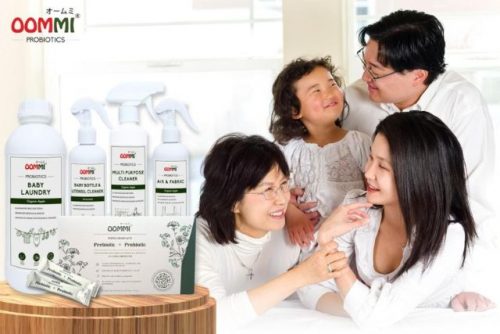


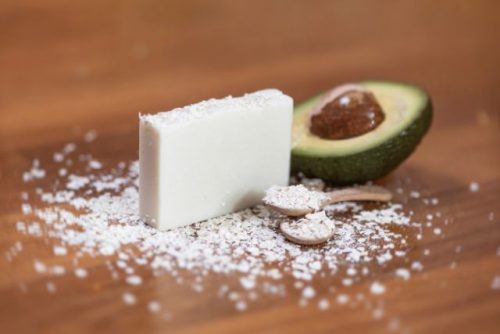



















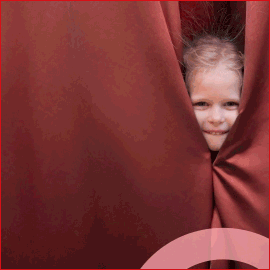




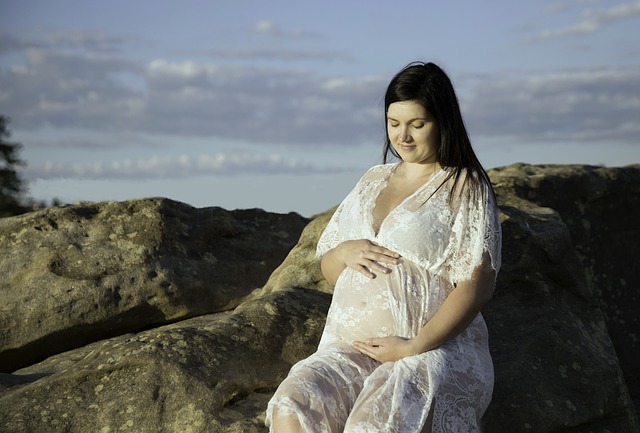
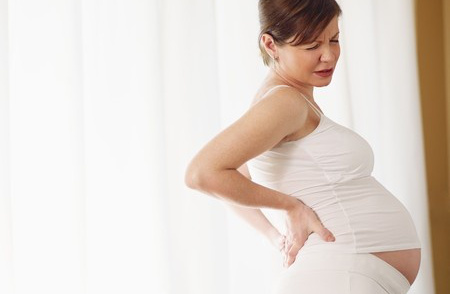
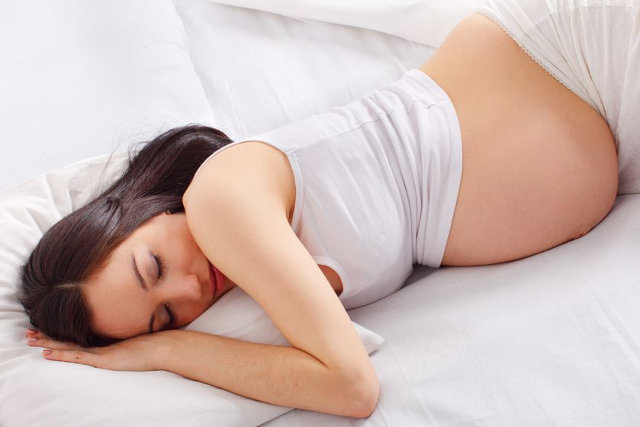
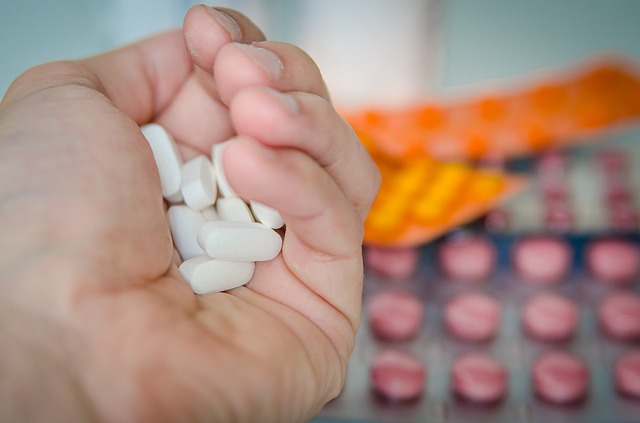



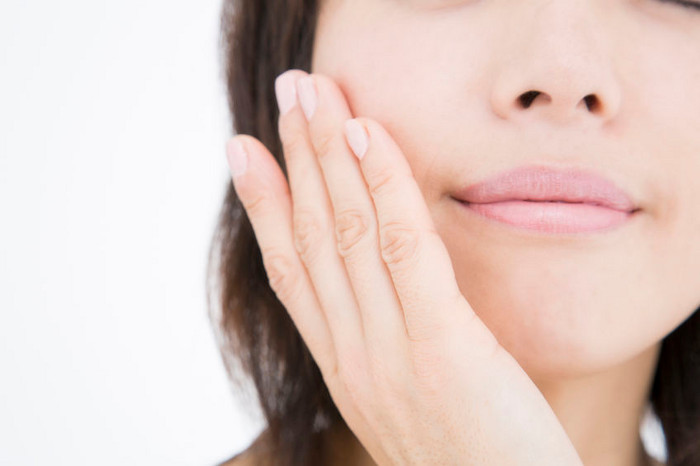


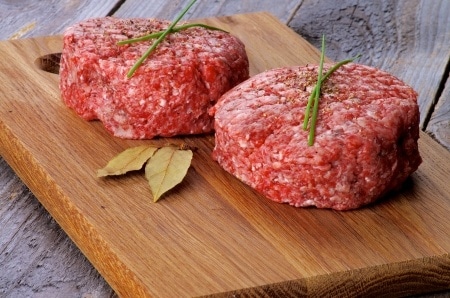









Leave a Comment: